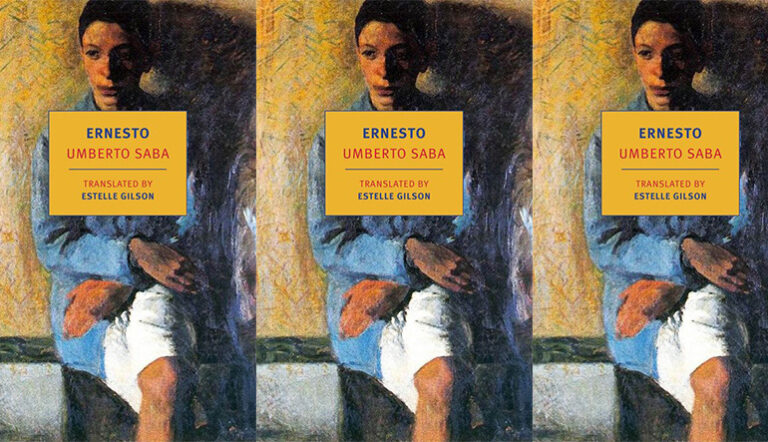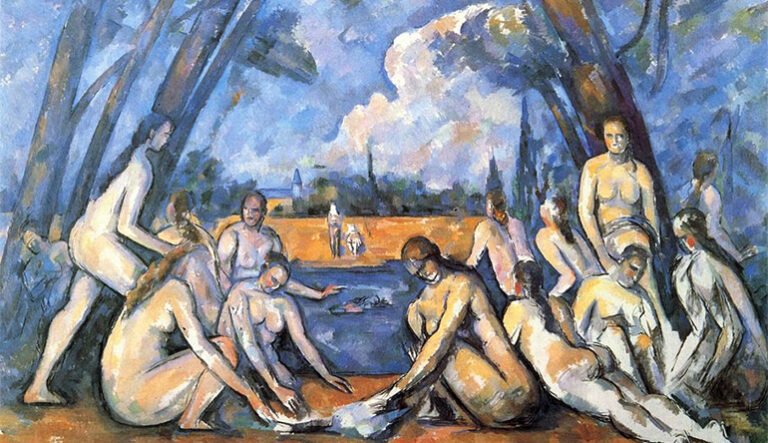ERNESTO by Umberto Saba
Umberto Saba died four years after writing Ernesto (1953), and it went unpublished until 1975 when its content would have been far less radical than in 1953.

Umberto Saba died four years after writing Ernesto (1953), and it went unpublished until 1975 when its content would have been far less radical than in 1953.

What is the function of the artist and writer in a troubled society? What is our role in these uncertain and precarious political times?

More than ever, I seem to imbibe the news, allow it to become a part of me, choke my obsessive subconscious like invasive kudzu. No wonder then that I feel tempted to write about these events and their consequences.

What’s missing in the literary world, especially when it comes to women, is a dialogue around anal sex.

Kendrick Lamar’s latest album Damn maintains his position as the most profound rap lyricist alive. With songs such as “DNA” Kendrick asserts his Black male dominance despite the media’s emphasis on Black male inferiority.

Every good ghost story has a volta, a point at which the narrative dramatically changes, and reality turns toward paranormal chaos. At least that’s what I’ve been telling myself.

From a handful of chapbooks through his first two collections, poet Marcus McCann’s work has become more confident and more willing to experiment, managing an incredibly precise linguistic and lyric gymnastics. Here, he talks about his latest collection, Shut Up Slow Down Let Go Breathe.

Adam Zagajewski’s “To Go to Lvov” is an elegy for a world, a family, a time, that will never return, but is chronicled with such fevered longing, such attentive encapsulation, that it somehow lives on.

Why has Philip K. Dick, author of the novella Do Androids Dream of Electric Sheep?, continued to be read through the decades? Why has he continued to be a touchstone—with his stories and novels consistently being turned into films?
No products in the cart.